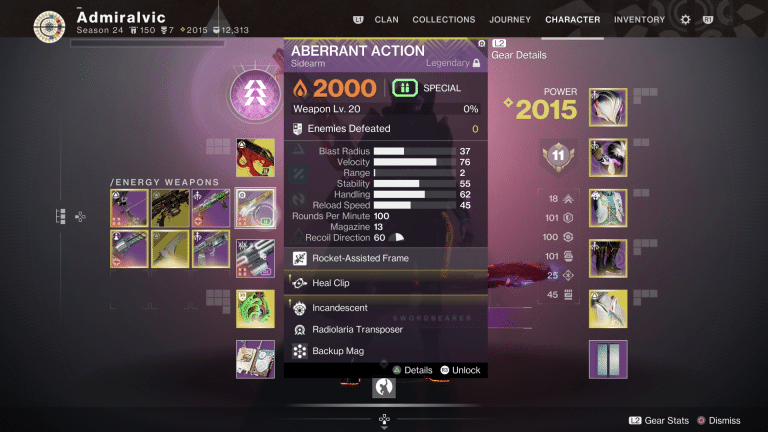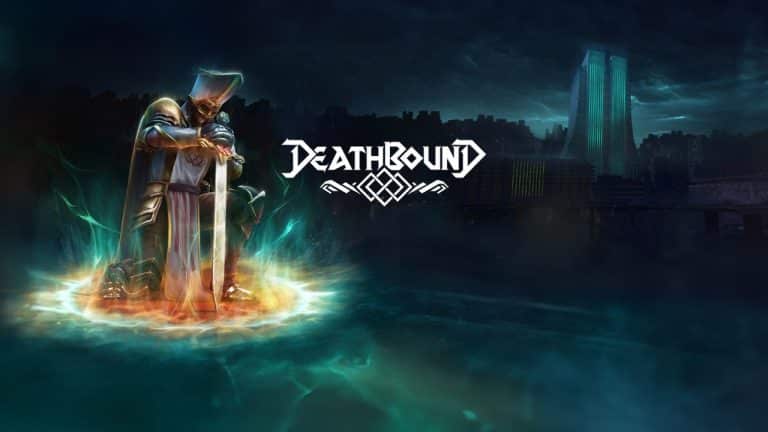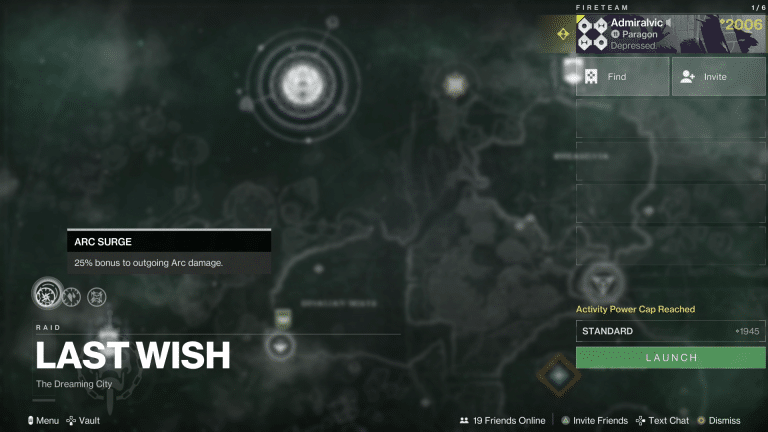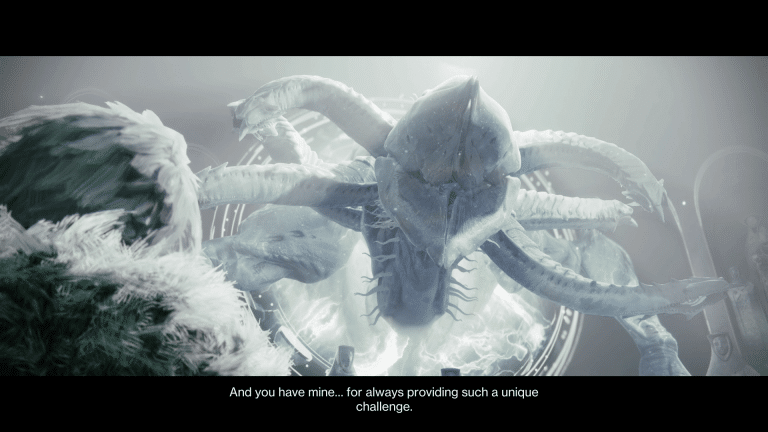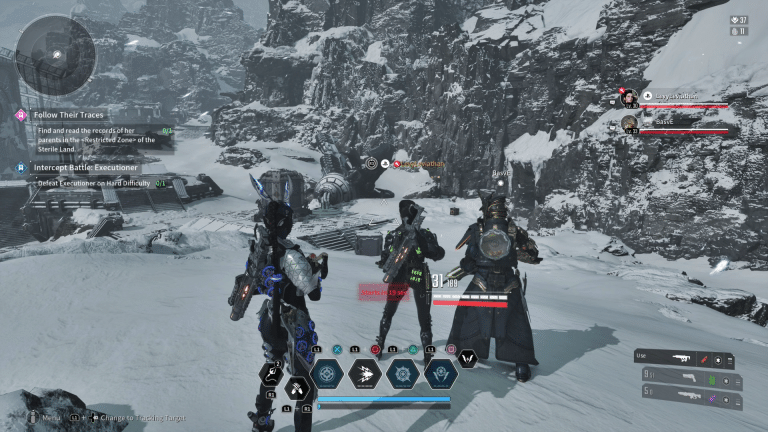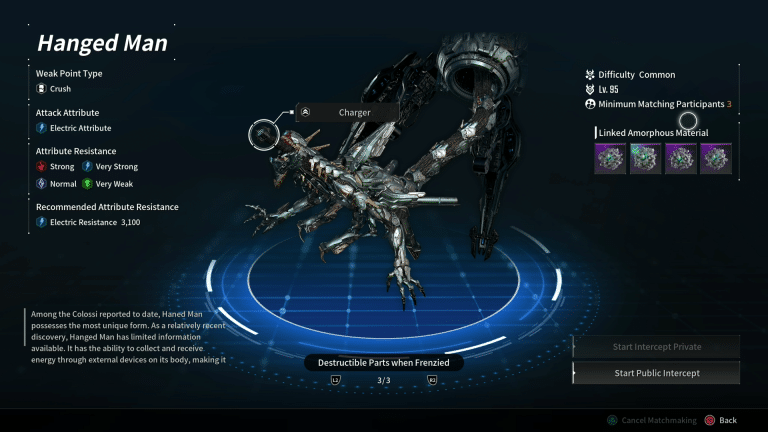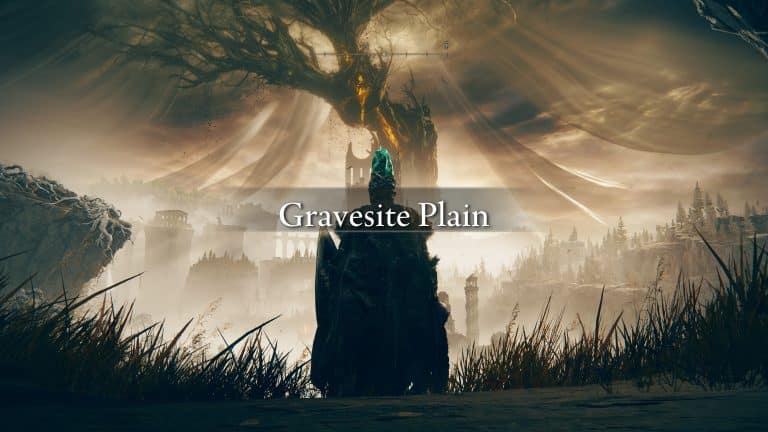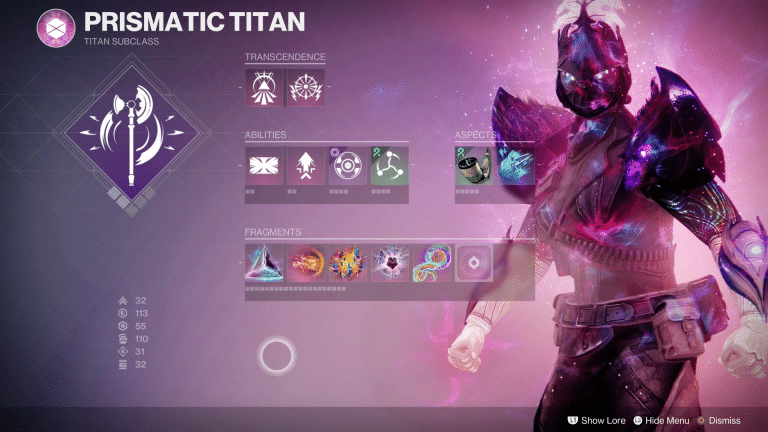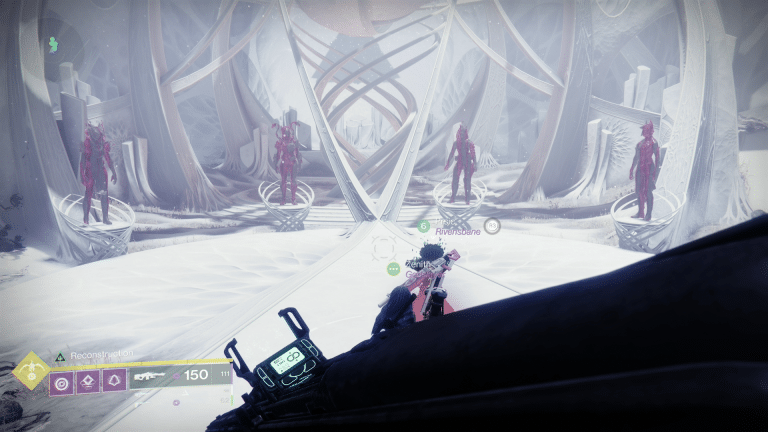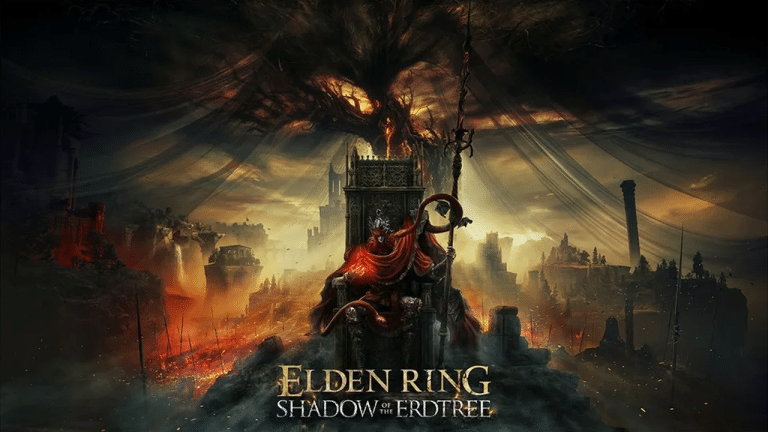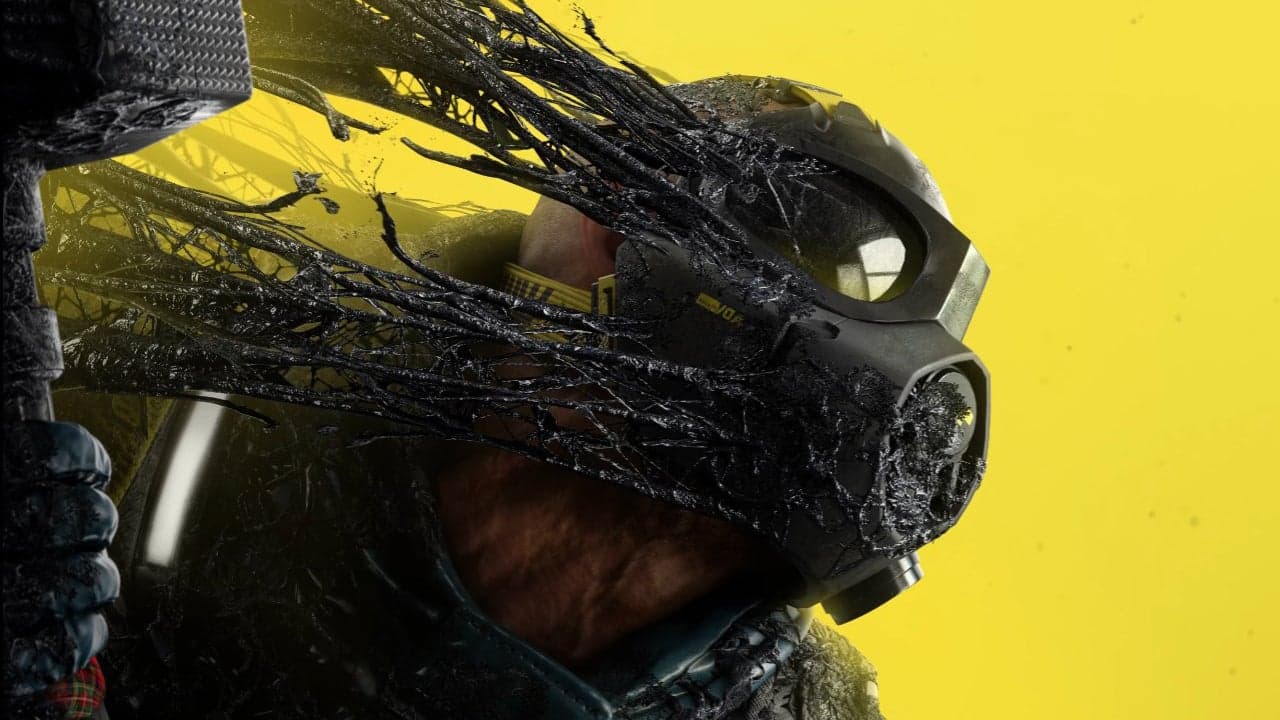Assassin’s Creed has existed for over a decade and a half, covering several eras in its alt-history Assassins-versus-Templars narratives. However, it was 2016’s Origins that broke up the overly formulaic franchise by overhauling the experience by leaning into more heavily into RPG elements. Since then, each installment has targeted this new, expansive scope. Odyssey embodies that focus most of all, blowing away the map sizes of behemoths like GTA V and The Witcher 3. While some may argue more is better, it was around this point that the burnout set in.
Ubisoft’s drive to include RPG systems and gear scores across their popular franchises — we saw this happen with Ghost Recon as well — resulted in overly bloated experiences. Not only have the modern RPG Assassin’s Creed titles been unnecessarily hefty in scale, but the “assassin” part of the experience has seemingly taken a backseat in recent years. Assassin’s Creed Mirage is looking to remedy that by reeling in the newest entry and taking it back to its roots, or so it’s claimed.
Assassin’s Creed Mirage stars one of Valhalla‘s most complicated characters, Basim Ibn Ishaq. However, Mirage sports a younger Basim as he begins his career with the Hidden Ones, the inaugural title of the Assassin Order/Brotherhod, eleven years prior to his appearance alongside Eivor’s outing that spanned England. The youthful Basim is embedded in 9th century Baghdad, an exciting playground that focuses the action in an environment reminiscent of the series’ 2007 inception. Ubisoft Bordeaux has painstakingly built this digital Baghdad to an impressive degree and it’s impossible not to marvel at the recreated architecture as Basim progresses through his target list.

Looking to the Past
The action contained within the City of Peace harkens back to the earliest days of Ubisoft’s long-running franchise. Dense city streets are prime areas for pickpocketing unaware civilians or stalking targets in crowds via the returning social stealth feature. Of course, players can take to the rooftops to parkour between objectives and keep themselves out of the eyes of the guards, save for those archers casually patrolling higher up. It all comes together to create a gameplay flow far different than what we have seen post-Origins.
There are those that believe newer entries have strayed too far from the soul of the originals. And it’s hard to argue when Valhalla starred a brutish Viking raider who could dual wield greatswords. Mirage goes all-in on the stealth focus of the Altaïr and Ezio era to reinforce the “assassin” part of it all. Sure, Basim can take on enemies in open combat, but the risk of receiving game-ending blows is much higher this time around. A quiet, well thought out approach is much more rewarding and clearly the intended playstyle Ubisoft Bordeaux is pushing for. Overall, it does so successfully and reminds us all what had us falling in love with these titles in the beginning.
Gone are power levels and XP gains. To truly become a Master Assassin, Basim is completely reliant on obtaining skill points awarded by main and side missions to unlock or enhance certain abilities. It’s a basic progression system, but one that ensures a steadier power climb than the grindier tendencies of its RPG brethren. However you choose to tackle Mirage‘s main story missions and optional Contracts missions, you can rest assured you will be rewarded for your efforts. It’s too bad the story itself isn’t all that engaging, often feeling predictable and like a missed opportunity. Even though it presents itself as more digestible tale at 15-20 hours, it is completely reliant on knowledge gained from the easily 50+ hour Valhalla.
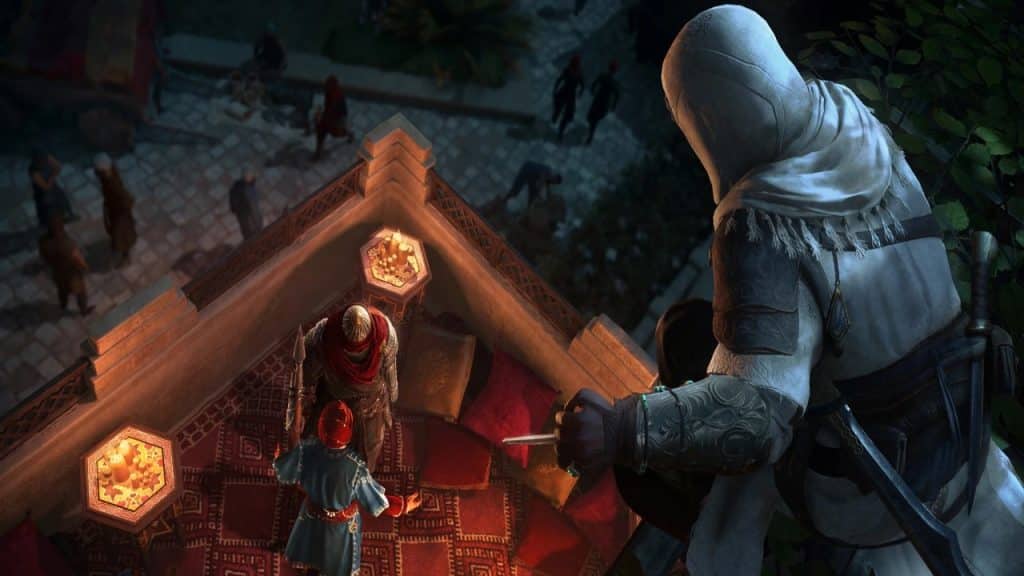
Stealth is King
Although tackling the narrative is rewarding in its skill point allotment, it is tedious in its design. Investigations pop up new story leads to direct players towards their next objective, but the structure of this system feels unnecessarily cumbersome and left me in the menu highlighting different nodes more often than I would have liked. While the system is functional, it does not add any notable value over the traditional mission lists found elsewhere.
Still, once you have knocked out enough connected nodes in an investigation and are given the task of assassinating a target, things come together nicely. Assassin’s Creed Mirage empowers players to choose their approach. Basim can unlock a blow dart to quietly remove, lethally or non-lethally, roaming guards from the equation. Throwing knives are there as the new long-range weapon, replacing the bow and arrow, and they are an immensely satisfying piece of Basim’s arsenal. Additionally, the environment itself can work in Basim’s favor. Precariously hanging cargo can be dropped on foes and bags of vivid red spice can be burst to bring visibility to a minimum. The tools are all there and it’s up to the player to piece them all together for the perfect assassination.
Inevitably, open combat will be triggered at some point. Mirage has simplified light and heavy attacks by binding them to a single button and designating another input for parrying. It isn’t as mind-numbingly simple as early Assassin’s Creed, which could lead to instantly killing hordes of enemies with the click of a button. I’d describe it as Valhalla-lite. Enemies have a stamina bar, which can be depleted by timing those parries. Once you get into a flow, dodging glowing red attacks and parrying the rest comes naturally, allowing for the quick elimination of multiple attackers. But it’s still easy to become overwhelmed if too much backup arrives, making stealth the smarter of the engagement options.
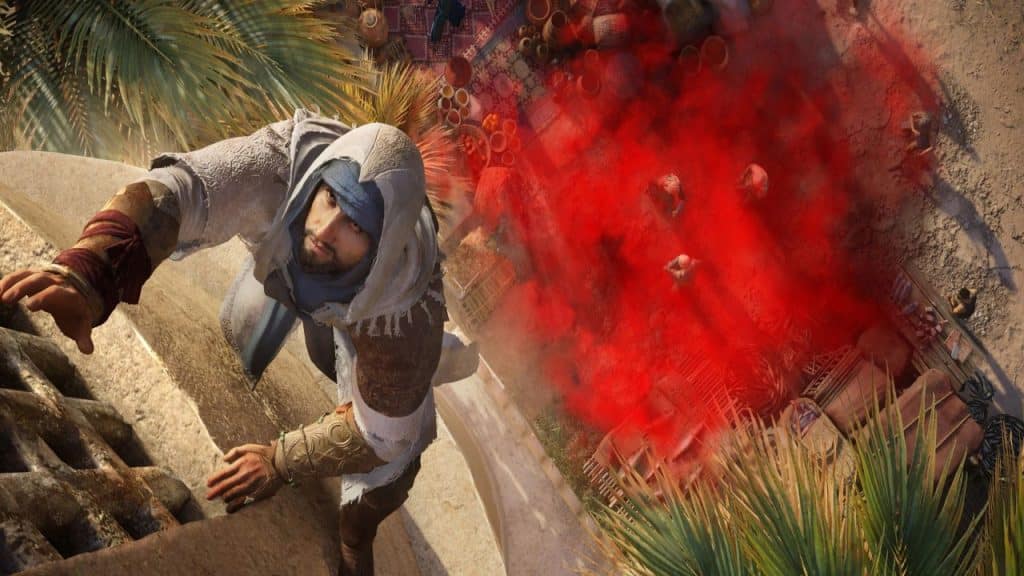
The thing is, Assassin’s Creed Mirage doesn’t do much I’d consider “bad,” but it is the safest play Ubisoft could have made in returning to their roots. It’s formulaic Ubisoft design. Sure, I was happy to see older components of the franchise return, even as something as small as pulling down wanted posters to reduce notoriety, but I still wish the central gameplay had been fleshed out. That goes doubly for the freerunning, which has somehow taken a step back and become janky once more. There were several times when Basim leapt to the wrong ledge or launched into a full Leap of Faith when that was nowhere near the intent. Mirage is more a quick replication of the series’ past rather than a meaningful expansion and refinement of its former path in this regard.
Assassin’s Creed Mirage Review Verdict
Assassin's Creed Mirage: Assassin's Creed Mirage re-engages the series' stealth roots, making for a more focused experience than we have seen from the recent bloated RPG offerings. Stealth is king once more and that particular approach shines as Mirage's poster boy. This return to basics may be a bit too basic in some regards, but it does inspire hope that Assassin's Creed can competently tap back into the spirit it once bore proudly. – Joshua
Editor’s Note: Assassin’s Creed Mirage was reviewed on PlayStation 5, and a copy was provided to us for review purposes.











